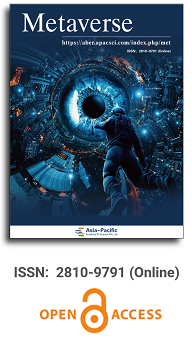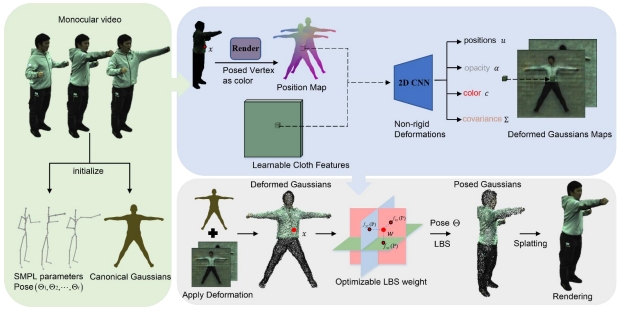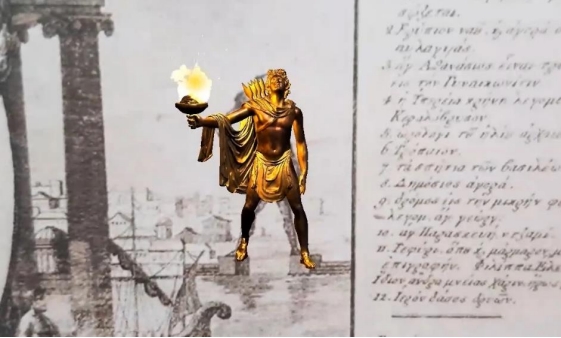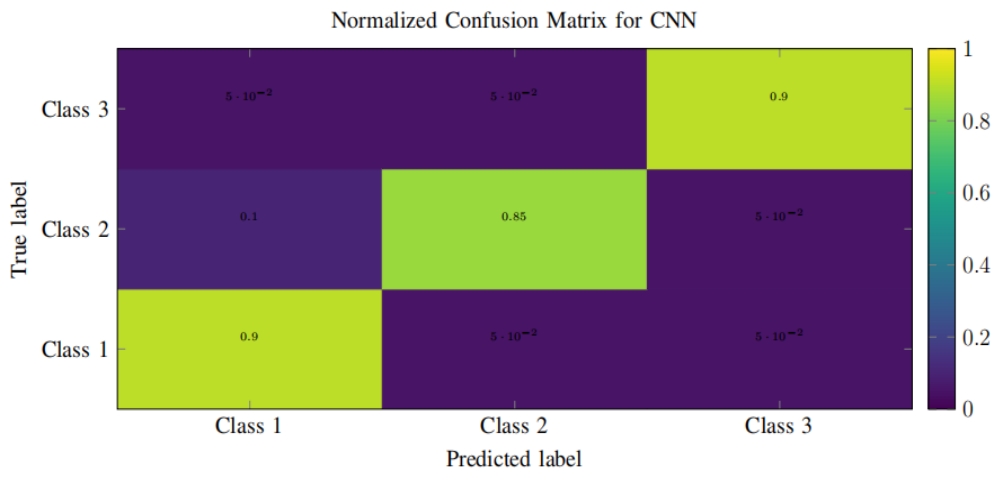
Asia Pacific Academy of Science Pte. Ltd. (APACSCI) specializes in international journal publishing. APACSCI adopts the open access publishing model and provides an important communication bridge for academic groups whose interest fields include engineering, technology, medicine, computer, mathematics, agriculture and forestry, and environment.



Immersive education for entrepreneurship and management disciplines: Metaverse’s experience
Vol 1, Issue 1, 2020
Download PDF
Abstract
The purpose of this study is to analyze the application of immersion edu cation in the subject of entrepreneurship and management in the unified general high school of jadan education unit, jadan Parish, guaracio, azuai province. Hybrid methodology. 88.5% of the students agreed to use immersive technology in the process of learning. Teachers said that it was difficult for them to use technology, so they needed training in information and communication technology, virtual platform, use and management of these digital educational resources, such as meta-database, in order to achieve immersive education in educational institutions.
Keywords
References
- Escobar K, Alvarez D. Immersive technologies as a communication strategy. JSR Funlam Journal of Students’ Research (histórico) 2018; (3): 54–65.
- Pala-Mosquira C. ICT, knowledge, education and technology skills in teacher training. Nomads 2012; (36): 145–159.
- Navarrete g, Mendieta R. Las TIC y la educación ecuatoriana en tiempos de internet: Breve análisis (Spanish) [ICT and ecuadorian education in the times of the internet: Brief analysis]. Espirales, Revista Multidisciplinaria de Investigación 2018; 2(15): 123–136.
- Viñals-Blanco A, Cuenca-Amigo J. The role of teachers in the digital age. Revista Interuniversitaria de Formación del Profesorado 2016; 30(2): 103–114.
- Morera P. El aprendizaje significativo y su rol en el desarrollo social y cognitivo de los adolescents (Spanish) [Meaningful learning and its role in adolescents’ social and cognitive development]. Rehuso 2019; 4 (2): 1–12.
- Gálvez-de-la-Custa M, Gertrudis-Casado M del C. Comunicación y educación inmersivas: Presentación (Spanish) [Immersive communication and education: Introduction]. Revista de Comunicación y Tecnologías Emergentes 2011; 9 (2): 1–4.
- Miguélez-Juan B, Núnez Gómez P, Manas Vinegar L. Immersive Virtual Reality as an educational tool for social transformation: An exploratory study on the perception of students in Post-Compulsory Secondary Education. Aula Abierta 2019; 48 (2): 157–166.
- Ayala Sanchez F. Teaching work mediated with information and communication technologies in telesecundaria: Social representations of teachers. RIDE. Revista Iberoamericana para la Investigación y el Desarrollo Educativo 2018; 8 (16): 557–579.
- Vidal-Ledo M, Lío-Alonso B, Santiago-Garrido A, et al. Realidad aumentada (Spanish) [Augmented reality]. Educación Médica Superior 2017; 31(2).
- Ministerio de Educación. Ley organica de educación intercultural (Spanish) [Organic law of intercultural education] [Internet]. 2017. Available from: https://n9.cl/1fo3.
- Ministerio de Educación. Curriculo 2016. Bachillerato General Unificado (Spanish) [Curriculum 2016. Unified General Baccalaureate] [Internet]. 2016. Available from https://n9.cl/cjqai.
- Anacona JD, Millán EE, Gómez CA. Aplicación de los metaversos y la realidad virtual en la enseñanza (Spanish) [Application of metaverses and the virtual reality in teaching]. Entre Ciencia e Ingeniería 2019; 13(25): 59–67.
- Maccallum K, Parsons D. Teachers’ views on Augmented Reality: The learning potential of Metaverse Style. In: Glahn C, Power R, Tan E (editors). 18th World Conference on Mobile and Contextual Learning; 2019. p. 21–28.
Supporting Agencies
Copyright (c) 2020 Liliana Vanessa Espinoza–Guzmán, Darwin Gabriel García–Herrera, Juan Carlos Erazo–Álvarez, Cecilia Ivonne Narváe–Zurita

This work is licensed under a Creative Commons Attribution 4.0 International License.

This site is licensed under a Creative Commons Attribution 4.0 International License (CC BY 4.0).

Prof. Zhigeng Pan
Professor, Hangzhou International Innovation Institute (H3I), Beihang University, China

Prof. Jianrong Tan
Academician, Chinese Academy of Engineering, China
Conference Time
December 15-18, 2025
Conference Venue
Hong Kong Convention and Exhibition Center (HKCEC)
...
Metaverse Scientist Forum No.3 was successfully held on April 22, 2025, from 19:00 to 20:30 (Beijing Time)...
We received the Scopus notification on April 19th, confirming that the journal has been successfully indexed by Scopus...
We are pleased to announce that we have updated the requirements for manuscript figures in the submission guidelines. Manuscripts submitted after April 15, 2025 are required to strictly adhere to the change. These updates are aimed at ensuring the highest quality of visual content in our publications and enhancing the overall readability and impact of your research. For more details, please find it in sumissions...






.jpg)
.jpg)

